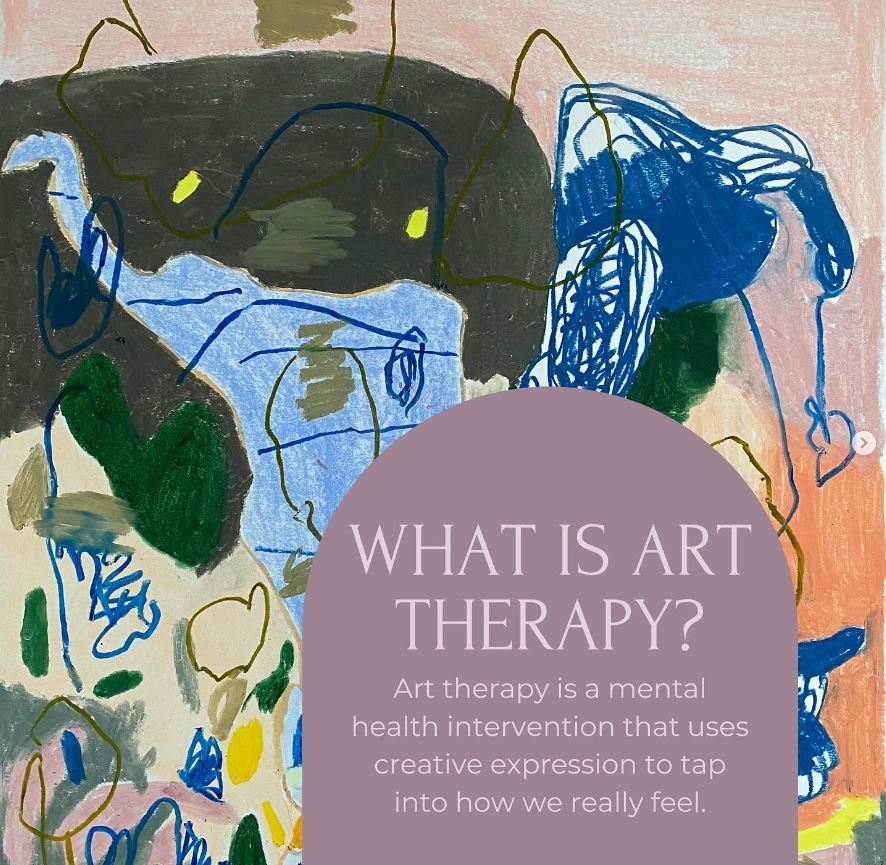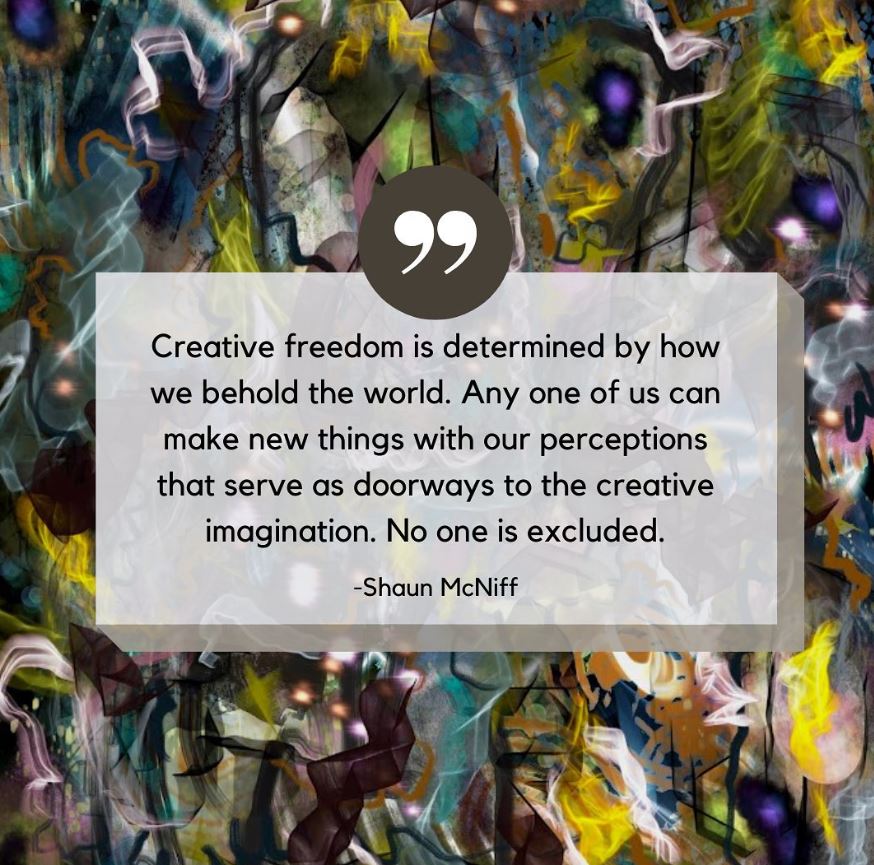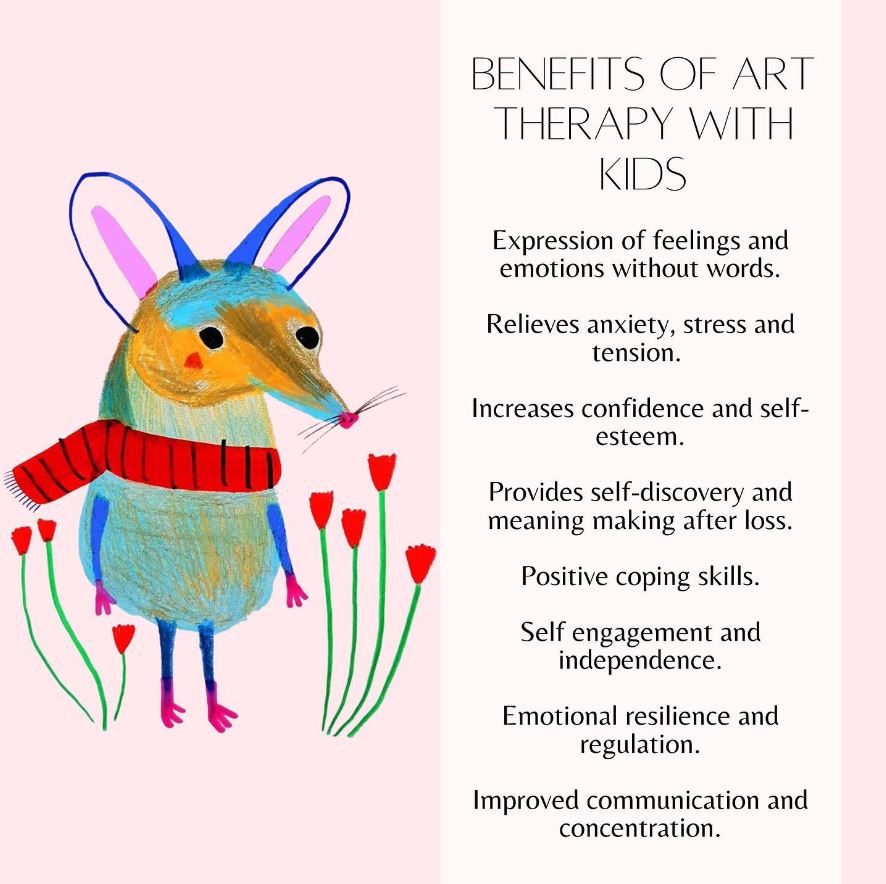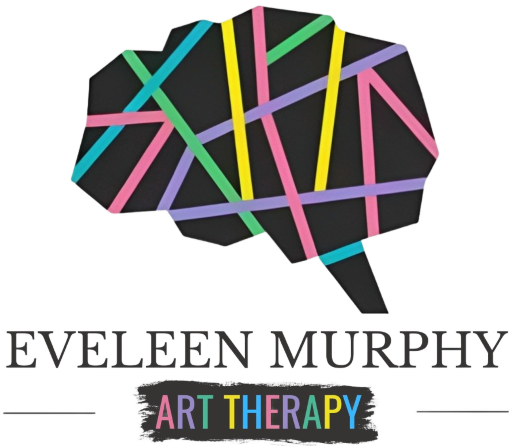
What is Art Therapy?
Art therapy is a mental health intervention that uses creative expression to tap into how we really feel. It is a psychotherapeutic process which can be used to soothe anxiety, release emotion, communicate issues and tell our personal story. Self-expression is encouraged through art making, safe holding and can be reflected upon with the Art Therapist. It is with the aid of a therapist that feelings can be integrated when exploring the image. Art Therapy is not about analysing the image but allows an individual to arrive at an understanding of what is happening internally for them.
Art therapy sessions take place within a safe and confidential space, art materials are provided to explore themes or individual led art making. Sessions are client led, meaning the young person will direct and control what is brought up in therapy. Eveleen’s approach is to gently guide individuals through their own feelings around the process of making and the image produced, helping them make sense of their personal experience and the world around them.

An introductory session will identify what goals are to be explored, sessions are 45/50 minutes and carried out weekly, at a set time. Generally, after six sessions a review will be arranged with the parents/carers to understand the best course for the child.
There are many benefits of art therapy for young people.
Some of which are outlined below:
- Expression of feelings and emotions without words,
- Relieves anxiety,
- Stress and tension,
- Increases confidence and self-esteem,
- Provides self-discovery and meaning making after loss.
- Positive coping skills,
- Self-engagement and independence,
- Emotional resilience and regulation,
- Improved communication and concentration.

Reasons to refer your child / young person
- ADHD (Attention deficit hyperactivity disorder),
- ASD (Autism spectrum disorder).
- Learning difficulty,
- Trauma,
- Bereavement,
- Anxiety, low mood or depression,
- Changes in family unit,
- Self-esteem issues,
- Difficulty with emotional regulation or social emotional behaviour,
- Would benefit from a non-verbal psychotherapeutic approach,
- Language development,
- Social anxiety,
- Pain management,
- Anger issues,
- Bullying,
